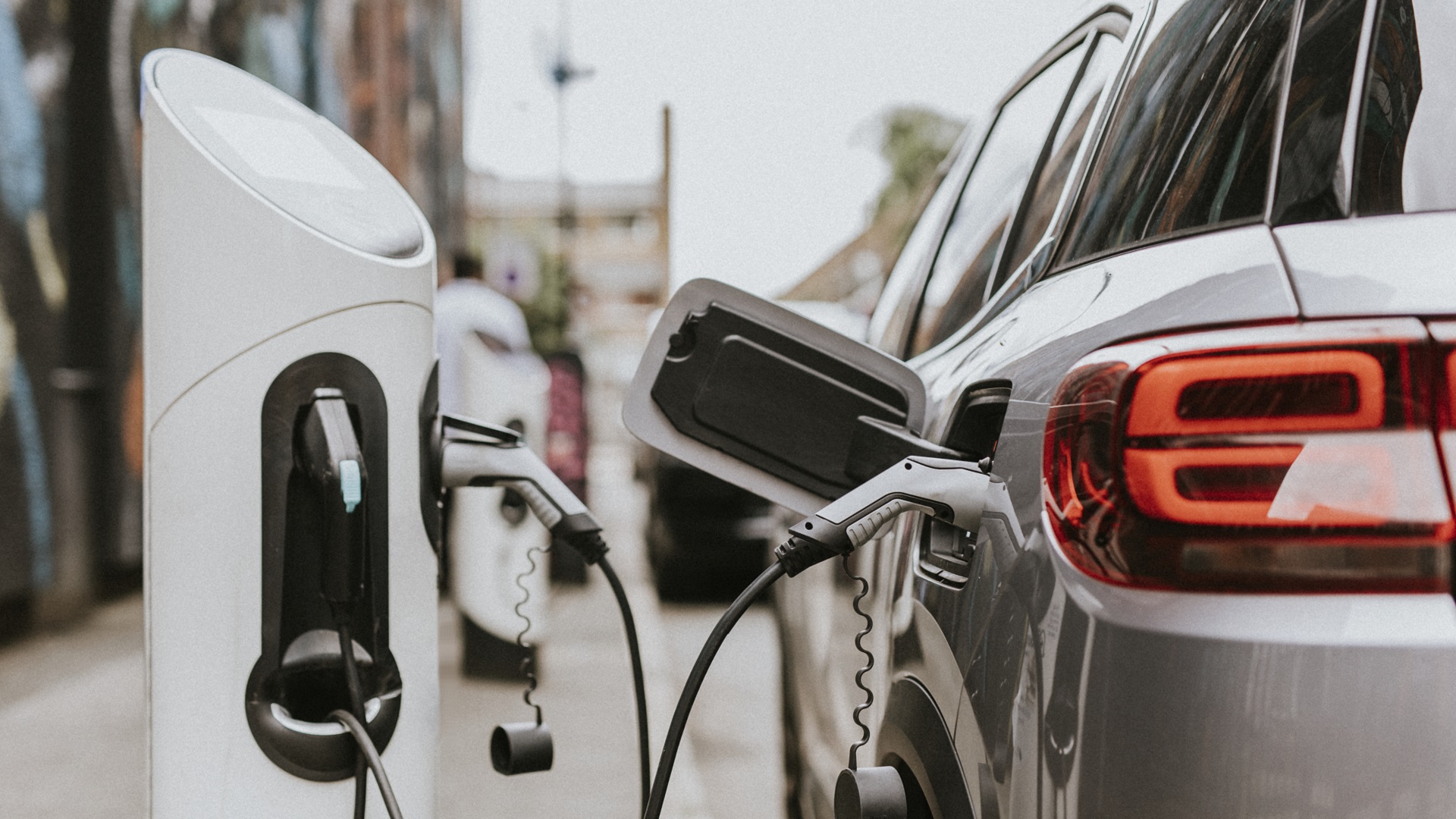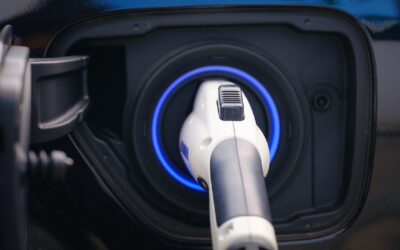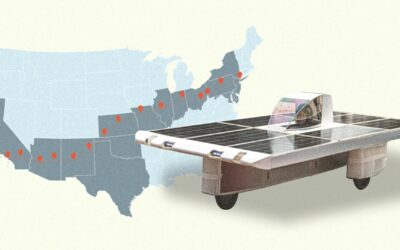The automotive manufacturing and supply chain ecosystem can be likened to an ever-expanding spider web, consisting of multiple interconnected facets:
• Design and engineering of products
• Procurement and management of supplies and parts essential for plant operations
• Manufacturing of components, sub-assemblies, and final vehicles
• A choreographed sequence of production activities involving OEMs and their supplier networks
• Quality inspection, packaging, and preparation for distribution
• Logistics encompassing both internal supply chain movements and external deliveries to dealerships, rental agencies, and retail outlets.
At the heart of these activities lies a reliance on data-driven solutions, enabling real-time feedback and sophisticated analyses. These insights are crucial for optimizing production schedules, achieving quantity and cost targets, and ensuring product quality.
The Role of Transportation
Throughout these stages, transportation plays a pivotal role, ranging from data transfer to the physical movement of goods. Despite the advancements in automotive design, engineering, and manufacturing, the physical delivery of items, facilitated by vehicle fleets, remains a critical component.
From intra-campus logistics to transcontinental shipping, the precision and timing of parts delivery are paramount. Delays can lead to significant disruptions in production.
The Shift to Electric Vehicle Fleets
The global shift towards fleet decarbonization, primarily through the adoption of electric vehicles (EVs), marks a significant evolution. McKinsey forecasts about ten million fleet EVs by 2030, heralding an era that curtails emissions from internal combustion engines (ICEs) and spurs advancements in science, technology, and new industry sectors.
This transition aligns with the automotive industry’s own shift to non-ICE propulsion systems.
Kevin Kushman, CEO of Electrada, a leader in EV charging infrastructure since 2020, observes, “Electric fleet vehicles are rapidly achieving cost parity with ICE vehicles, propelled by advancements in battery technology. The shift to EV fleets opens new avenues in fleet management, leveraging state-of-the-art software and programs.”
EV fleet management systems utilize IoT telemetry and real-time data analysis, optimizing aspects such as charging networks, route planning, and maintenance schedules. These systems are tailored to accommodate the unique demands of EVs, including charging logistics and specific maintenance protocols.
The Integration Challenge
Transitioning from ICE fleets to electric ones necessitates management systems capable of handling diverse vehicle performances, alongside hybrid scheduling and maintenance strategies. Kushman adds, “Integrating EV fleet systems with supply chain management will streamline operations, enhance cybersecurity, and foster safer, more efficient practices, benefiting both internal and external stakeholders.”
The automotive industry, a front-runner in logistics and process management, stands poised to be a pioneer in the realm of electric fleet management.
This evolution serves as a blueprint for other sectors reliant on fleet transportation, signaling a future of more efficient, sustainable and integrated supply chain operations.
Sign up today for a free Essential Membership to Automation Alley to keep your finger on the pulse of digital transformation in Michigan and beyond.
Mike Szudarek leads Marx Layne & Company’s automotive practice and has more than two decades of experience counseling clients in the automotive and technology sectors. He previously served with a Fortune 500 company and has been on both the corporate and agency side of the communications business, understanding first-hand the many issues and challenges businesses face. He has experience working with OEMs, Tier 1 suppliers, and aftermarket industries, in addition to a specialization in mobility and autonomous driving. Szudarek holds memberships with the Automotive Press Association and the Public Relations Society of America. Marx Layne & Company has over three decades of experience guiding businesses large and small through crises.




